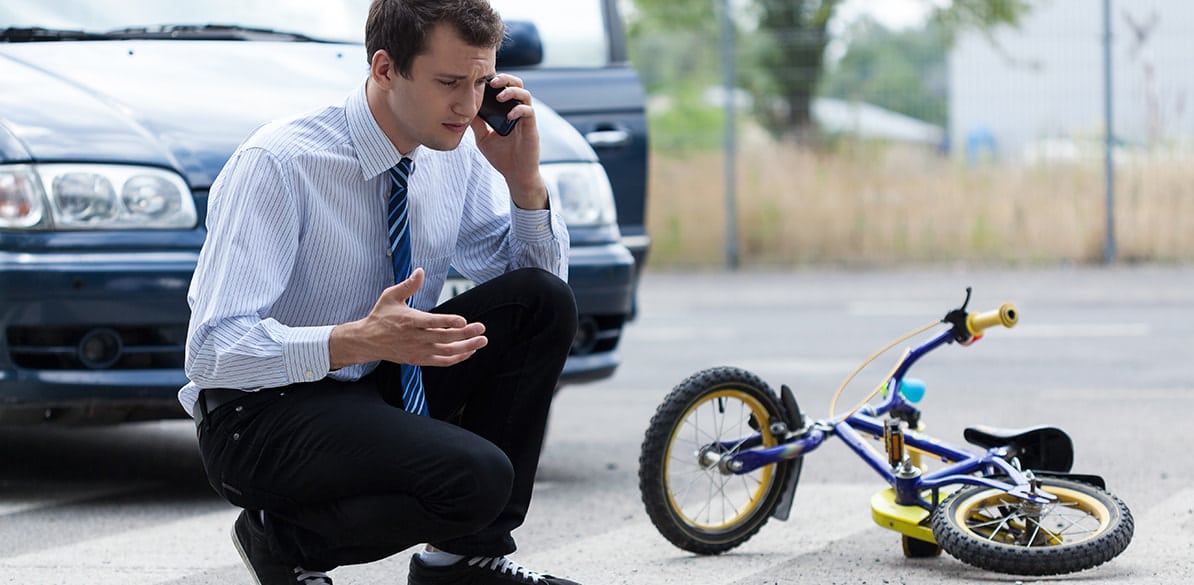Three bad examples to avoid with your children

It is very important that, as a parent, a guardian, a grandparent, a cousin, or an older sibling (no matter you are related to a child), you set a good example to children. But, wait a minute, only your children? No, as an adult you should set a good example to any child – at least for the respect these little people are owed – and educate them on how to be part of society.
Setting a good example means showing generosity and altruism
Setting a good example should be done without expecting anything in return, at least nothing as a reward, other than knowing that you have done the right thing and that you have done your bit to help these children. No matter how tiny the way you contributed may be, it all adds up.
On the contrary, it is very easy to set a bad example and it is very harmful to the very education of children, who can become confused when they see how some adults comply with the rules, but others ignore them without remorse. This bad example can be set voluntarily or unintentionally, but either way, it adds to the confusion in those little minds.
1. Crossing the street anywhere, anytime
This is one of the most common and damaging bad examples for the education of children.
As a parent, you can follow the rules (and yes, sometimes you may think they can be improved) and set an example to your children, but you must also fight against the doubts they may have when they see their friend’s grandfather crossing with his grandson in the middle of a roundabout, or when they see another friend’s older brother crossing at a red light, or through a hedge that divides the road in two directions. These actions are very common, and unfortunately, they are carried out by older people, or by adults, who do not hesitate to break these rules in front of the eyes of any child. This is something we should all avoid, out of simple solidarity with parents trying to educate their children, and out of respect for those children.
2. Parking badly to run an errand
This would be a common harmful example for children, which is to disregard any traffic sign. Breaking stop and park rules by making an excuse (“it will only take a moment”; “if a guard comes, let me know”) means forging in child’s mind the idea that, with an excuse, you can do whatever you want. Children are very observant, do not underestimate their capacities by believing they won’t understand what is going on.
3. Confronting other drivers, pedestrians, or mocking authority and traffic rules
This is another common action that anyone can observe in cities or on the roads, and it is one of the worst possible examples for children, because it transcends road safety and enters the realm of civility. Hostile attitudes towards other drivers or pedestrians (irrespective of gender) and arrogance or a tendency to ridicule the rules and take the law as a joke, influences children to the extent that they will act in the exact same way, both as children and as adults.
